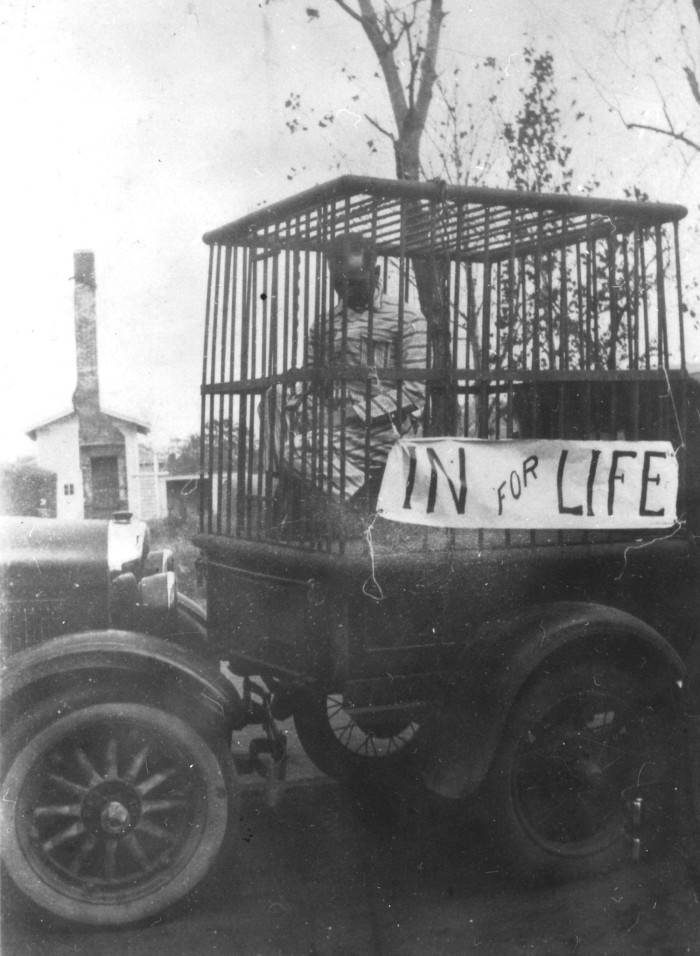The term “middle class” was not always a nebulous one in America. It meant that you had arrived on solid ground and only the worst luck or behavior was likely to shake the earth beneath your feet. That’s become less and less true for four decades, as a number of factors (technology, globalization, tax codes, the decline of unions, the 2008 economic collapse, etc.) have conspired to hollow out this hallowed ground. You can’t arrive someplace that barely exists.
Middle class is now what you think you would be if you had any money. George Carlin’s great line that “the reason they call it the American Dream is because you have to be asleep to believe it” seems truer every day. It’s not so much a fear of falling anymore, but the fear of never getting up, at least not within the current financial arrangement. Those hardworking, decent people you see every day? They’re just as afraid as you are. They are you.
In the spirit of the great 1977 Atlantic article “The Gentle Art of Poverty” and William McPherson’s recent Hedgehog Review piece “Falling,” the excellent writer and film critic Neal Gabler has penned, also for the Atlantic, an essay about his “secret shame” of being far poorer than appearances would indicate. An excerpt:
I know what it is like to have to juggle creditors to make it through a week. I know what it is like to have to swallow my pride and constantly dun people to pay me so that I can pay others. I know what it is like to have liens slapped on me and to have my bank account levied by creditors. I know what it is like to be down to my last $5—literally—while I wait for a paycheck to arrive, and I know what it is like to subsist for days on a diet of eggs. I know what it is like to dread going to the mailbox, because there will always be new bills to pay but seldom a check with which to pay them. I know what it is like to have to tell my daughter that I didn’t know if I would be able to pay for her wedding; it all depended on whether something good happened. And I know what it is like to have to borrow money from my adult daughters because my wife and I ran out of heating oil.
You wouldn’t know any of that to look at me. I like to think I appear reasonably prosperous. Nor would you know it to look at my résumé. I have had a passably good career as a writer—five books, hundreds of articles published, a number of awards and fellowships, and a small (very small) but respectable reputation. You wouldn’t even know it to look at my tax return. I am nowhere near rich, but I have typically made a solid middle- or even, at times, upper-middle-class income, which is about all a writer can expect, even a writer who also teaches and lectures and writes television scripts, as I do. And you certainly wouldn’t know it to talk to me, because the last thing I would ever do—until now—is admit to financial insecurity or, as I think of it, “financial impotence,” because it has many of the characteristics of sexual impotence, not least of which is the desperate need to mask it and pretend everything is going swimmingly. In truth, it may be more embarrassing than sexual impotence.•
Tags: Neal Gabler

